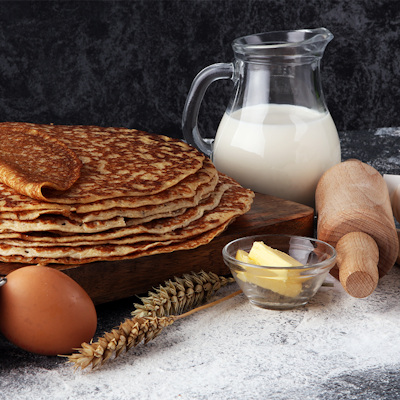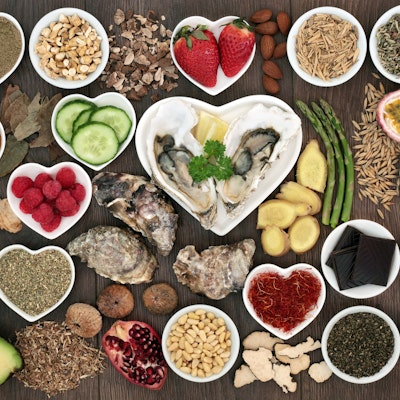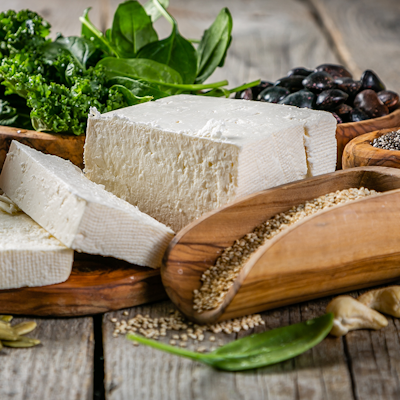What You Should Know About Sugar legislation
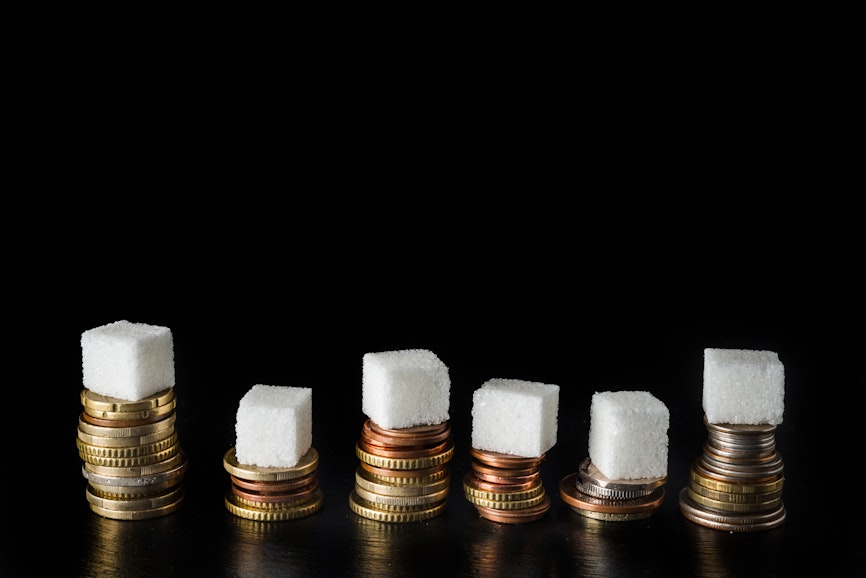
Your guide to the UK Sugar Tax and upcoming measures on food and drink labelling from the government.
Sugar, and the sugar intake of the population is a hot topic right now - and you can check out out May’s episode of The Erudus Podcast to find out why, but what does that mean from a legislation point of view?
We’re here to investigate...
What is the sugar tax?
The Sugar Tax, also known as the soft drinks industry levy, was implemented in April 2018 by the government as part of the government strategy to tackle obesity and was introduced as a way to motivate Manufacturers to reduce the amount of sugar in their products.
Since the Sugar Tax was announced in March 2015, over 50% of Manufacturers have lowered the sugar content in their drinks - equivalent to 45 million kg of sugar every year.
Soft drinks Manufacturers who opt not to reformulate must pay the levy, which goes towards doubling the primary sports premium, the creation of a ‘healthy pupils’ capital fund to help schools upgrade their sports facilities, and give children access to top quality PE equipment. The levy also gives a funding boost to healthy school breakfast clubs.
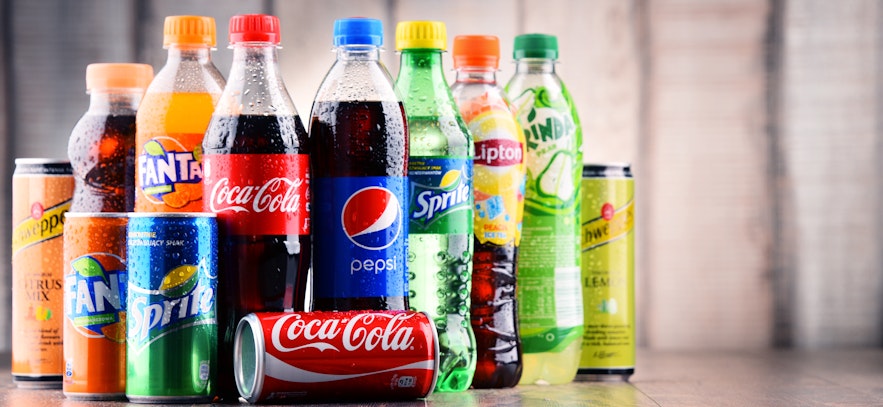
What rates do the companies need to pay?
Companies must pay the following rates on their drinks if they exceed the sugar requirements:
24p per litre of drink if it contains 8 grams of sugar per 100ml 18p per litre of drink if it contains between 5-8g of sugar per 100ml
Has the sugar tax worked?
The first assessment of the soft drinks industry levy has shown clear evidence of Manufacturers lowering sugar levels in response to the introduction of the tax. Research led by the University of Oxford± showed that when plans to introduce the tax were announced, 52% of eligible soft drinks containing 5g or more of sugar per 100ml were liable for the tax and that by February 2019 only 15% of soft drinks were liable - with the majority of reformulation taking place before the tax went live.
Results from the soft drinks industry levy show a 28.8% sugar reduction per 100ml in retailer own brand and Manufacturer branded products, and a 27.2% reduction per 100ml for drinks consumed out of the home. They also found a consumer shift towards zero or lower sugar products, with sugar consumed from soft drinks decreasing in all socio-economic groups. 30,133 tonnes of sugar were removed without reducing soft drink sales, resulting in around 37.5 billion fewer kilocalories sold in sugary drinks each year.
Whilst there has been progress made in the soft drinks industry, the food industry fell significantly short of meeting the 20% reduction target in 2020±±.
Will there be any other legislative changes around sugar reduction?
Whilst there are no confirmed changes in sugar legislation on the horizon, sugar awareness remains a national priority, and the COVID19 pandemic has prompted the government to consider the following measures to encourage the public to get healthy, active and eat healthier:
-
PHE’s Better Health Campaign: This campaign urges people to take stock of their lifestyles in the wake of the pandemic and promotes evidence based tools and apps to help individuals lose weight and keep the weight off as well as make healthy eating choices to prevent or delay the onset of serious diseases.
-
Front of Pack Nutritional Labelling: This initiative saw the government open a public consultation with the view of ‘making sure the 'traffic light' front-of-pack nutrition labels (FOPNL) scheme continues to help people choose what food and drink to buy.’ The closing date for opinions to be submitted was November 2020, and feedback and findings are currently being analysed.
-
Mandatory Calorie Labelling on Food: The UK is introducing legislation that requires out of home businesses with more than 250 employees to provide calorie labels on the food they sell, and will encourage smaller businesses to voluntarily provide calorie information. However, legislation is in draft and isn’t set to be published any time before October 2021. In the meantime, Erudus can tell you everything you need to know about Mandatory Calorie Labelling.
-
Mandatory Calorie Labelling on Alcohol: Before the end of this year the government will consult on making companies provide calorie labelling on all the pre-packaged alcohol they sell, so that consumers have all the information they need to make informed decisions.
-
Ending promotion of high-fat, salt and sugar (HFSS) products: The intent here is to shift the balance of promotion towards healthier options and maximise the availability of healthier products available. The government is currently in the process of legislating the end of promoting HFSS products by volume and location, in-store and online across England. There will also be a ban on HFSS products being shown on TV and online before 9pm.
Erudus can help you create a low in sugar menu
With the Erudus Menu Planner you can see an overview of the nutritional content of a week's worth of meals. Menu Planner will aggregate the allergy, dietary and nutritional data for as many recipes as you choose and put it in one easy to read document. This way you can easily assess the sugar content of your menu and set nutritional goals for your menus.
